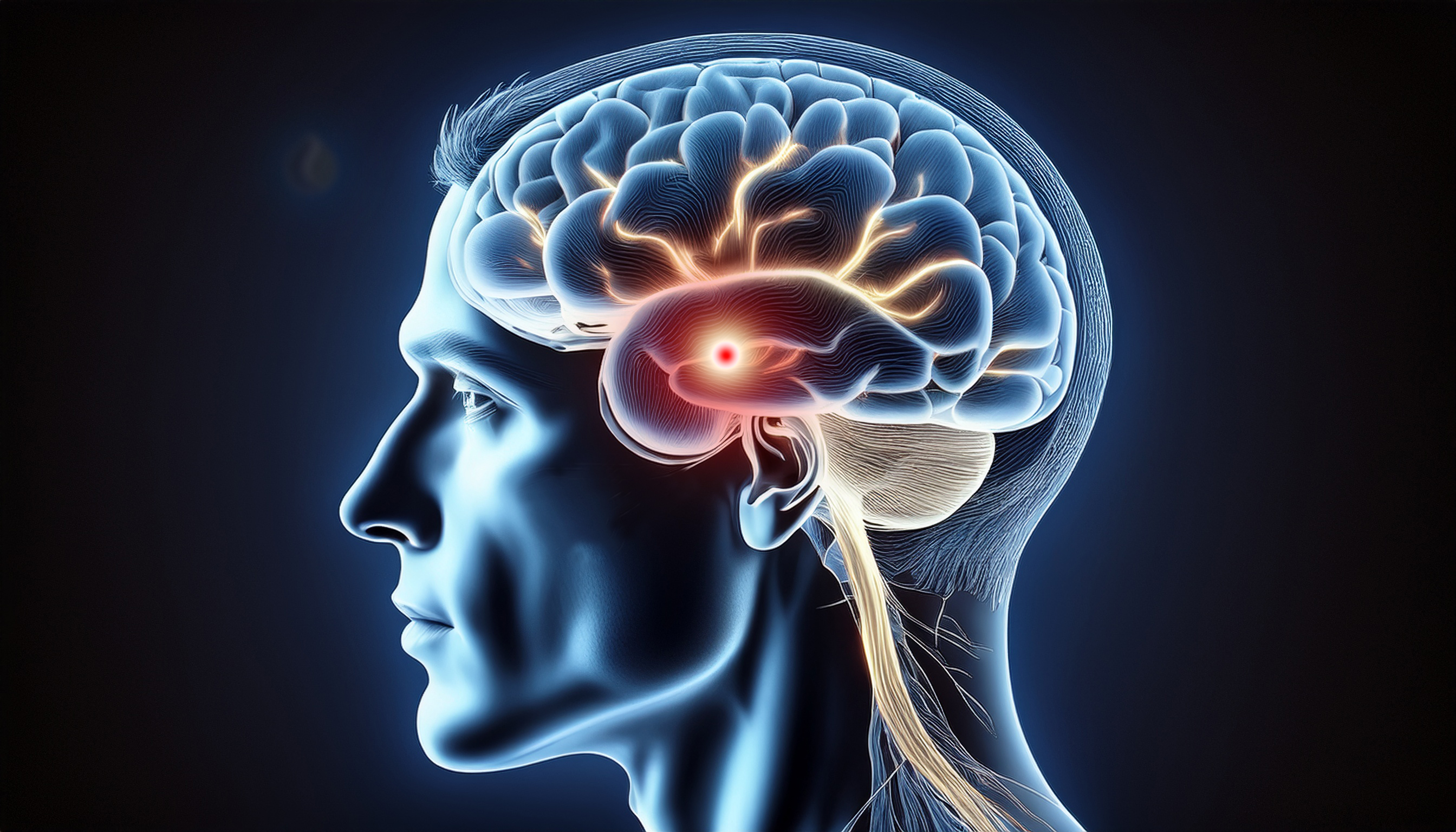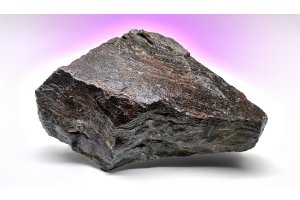
What is Parkinson’s Disease?
Parkinson’s disease is a chronic and progressive neurological disorder that primarily affects motor function. The condition arises from the degeneration of dopamine-producing cells in the substantia nigra, a region of the brain responsible for motor control. Dopamine is essential for smooth and coordinated movements. A lack of dopamine results in the typical symptoms such as tremors, stiffness, slowness of movement, and balance issues.
But what exactly causes Parkinson’s? Depending on the medical school of thought, the cause is interpreted differently. In this comprehensive blog, we analyze the causes and symptoms of Parkinson’s disease from various medical perspectives.
Common Symptoms of Parkinson’s Disease:
Tremors, especially at rest
Muscle stiffness (rigidity)
Slowness of movement (bradykinesia)
Postural instability and balance problems
Slow speech and reduced facial expression
Fatigue, mood changes, and cognitive fluctuations
Causes of Parkinson’s Disease According to Different Medical Perspectives
Western Medicine: Dopamine Deficiency and Genetic/Environmental Factors
Western medicine attributes Parkinson’s to the progressive death of dopaminergic neurons. While genetic predisposition may play a role, environmental factors such as exposure to pesticides, heavy metals, and oxidative stress are also considered contributing factors. Treatment primarily focuses on symptom management using dopamine replacement (e.g., levodopa), dopamine agonists, and physiotherapy.
Traditional Chinese Medicine: Liver and Kidney Disharmony
Traditional Chinese Medicine (TCM) views Parkinson’s as an energetic imbalance, particularly affecting the liver and kidneys. TCM points to internal wind, phlegm, and blood stagnation in the brain meridians as underlying causes. Acupuncture and herbal formulas such as Tian Ma and Gou Teng are used to improve energy flow, calm the internal wind, and nourish the nervous system.
Germanic Medicine: Neurological Conflict
Germanic Medicine interprets Parkinson’s as a manifestation of a long-standing unresolved conflict related to control or movement. The tremors and motor issues are seen as biological responses to feelings of helplessness or immobility in life. By bringing the conflict to awareness and resolving it, the body can reactivate its self-healing capacity.
Functional Medicine: Mitochondrial Dysfunction and Toxic Load
Functional medicine focuses on mitochondrial dysfunction, inflammation, toxic burden (such as heavy metals), and gut health as underlying causes of Parkinson’s. An imbalanced gut microbiome and increased intestinal permeability (leaky gut) may contribute to neurodegeneration. Treatment includes detoxification, supplementation with CoQ10, alpha-lipoic acid, omega-3, and an anti-inflammatory lifestyle.
Holistic Medicine: Body, Mind, and Emotions
Holistic medicine views Parkinson’s as an expression of disruption in the whole system—body, mind, and spirit. Emotional suppression, chronic stress, and energy blockages may contribute to the development and worsening of symptoms. Therapies include mindfulness, bodywork, emotional processing, energy healing such as Reiki, and herbal remedies focused on relaxation and neurological support.
Orthomolecular Medicine: Nutrients and Neuroprotection
Orthomolecular medicine emphasizes cellular health and neuroprotection through targeted nutrition and supplementation. Deficiencies in vitamins B6, B12, D, magnesium, and antioxidants such as glutathione may contribute to neuronal damage. Supplementing these nutrients, alongside a neuroprotective, low-sugar diet, may help slow disease progression.
Epigenetics: Gene Expression and Environmental Influences
Epigenetics studies how environmental factors such as nutrition, toxins, and stress affect gene expression. While genetic predisposition may be present, lifestyle choices play a crucial role. Making healthy choices in diet, stress management, and toxin exposure can influence the expression of disease-related genes.
Mesology: Personalized Cause Analysis
Mesology integrates Western and Eastern diagnostics to create a complete individual profile. Using techniques such as electro-acupuncture and kinesiology, practitioners identify deficiencies, imbalances, and toxic loads. The treatment approach is personalized and includes dietary advice, herbal formulas, supplements, and energetic therapies.
Frequency Therapy: Restoring Vibrations and Nerve Regulation
Frequency therapy is increasingly used for neurodegenerative diseases like Parkinson’s. By applying specific electromagnetic frequencies, disrupted vibrational patterns of nerve cells can be restored. This can support improved nerve conduction, reduce tremors, and promote overall nervous system relaxation. Users report improved motor function and mental clarity when frequency therapy is part of a holistic approach.
Meditech Europe: In Harmony with Your Health
Meditech Europe stands for innovation, quality, and a conscious way of living. We offer a carefully curated range of advanced technologies, natural products, and smart solutions to help you optimize your environment. Our products are developed with attention to detail and a focus on balance and efficiency. With years of expertise and a passion for progress, we deliver products that meet the highest quality standards. Meditech Europe is known for its personal approach and expert advice, both online and on location. Want to learn more about our products and how they can contribute to a balanced lifestyle? Contact us at marijn@meditecheurope.nl for more information.




